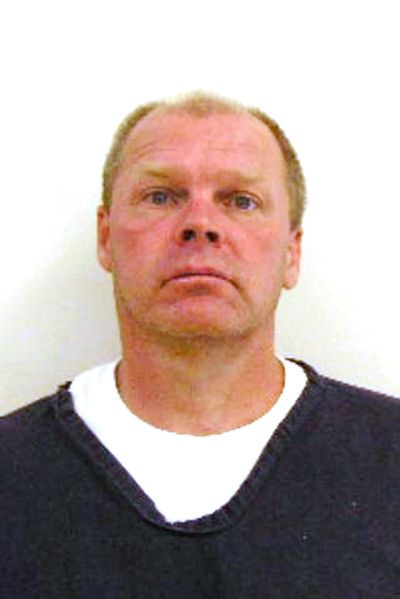Montana Supreme Court orders resentencing in 1985 triple homicide

HELENA – The Montana Supreme Court has ordered another resentencing hearing for a man who is serving life without the possibility of parole for a triple homicide committed when he was 17.
In a 5-2 ruling on Friday, the justices found District Judge Greg Pinski was wrong not to consider prison rehabilitation by Steven Wayne Keefe before upholding his parole restriction in April 2019.
Keefe petitioned for resentencing after a series of U.S. Supreme Court decisions that juveniles’ lack of maturity and undeveloped sense of responsibility should be taken into account in sentencing. The decisions also said that juveniles should not be sentenced to life without the possibility of parole unless they were found to be “irreparably corrupt” or “permanently incorrigible.”
“The District Court’s erroneous attempt to resentence 51-year-old Keefe by reaching back in time to forecast 17-year-old Keefe’s prospects for rehabilitation from the time of the offense, all the while ignoring actual indicators of success in subsequent decades, aptly demonstrates the futility of engaging in such prognosticating in the first place,” Montana Supreme Court Chief Justice Mike McGrath wrote.
He argued the case should have been used to ban life sentences without the possibility of parole for juvenile offenders in Montana.
Keefe broke into a house near Great Falls in October 1985 planning to commit a burglary, court records said.
When the family returned, he shot David J. McKay, his wife Constance McKay and their daughter Marian McKay Qamar, according to authorities. Keefe was 88 days shy of his 18th birthday at the time.
Keefe was tried as an adult, convicted and sentenced to three consecutive life terms without the possibility of parole plus another 50 years on a burglary conviction and weapons enhancements.
In resentencing Keefe, Judge Pinski was wrong to disregard the “substantial evidence of Keefe’s rehabilitation in the 30-plus years since the homicides,” Justice Ingrid Gustafson wrote for the majority.
“As a preliminary matter, we note the appearance of impropriety created by the District Court setting a four-hour sentencing hearing, and then, at the start of the hearing, notifying the parties they only had three hours to present their cases because the District Court would need an hour to read its findings and ruling,” Gustafson wrote.
During the hearing, a psychologist, a former Montana State Prison supervisor and a former warden testified that Keefe had matured and made progress toward rehabilitation and could be successful outside prison.
The state argued that the court did not have to consider post- offense evidence of rehabilitation, but the state did present evidence of Keefe’s early behavior in prison and that he had three skull tattoos, which they argued showed a lack of remorse.
“On the whole, the District Court clearly considered post-offense evidence when resentencing Keefe,” the justices wrote. “It simply chose to disregard the rehabilitation evidence prevented.”
Justice Dirk Sandefur said he would not have sent the case back to District Court for resentencing, but simply with an order to eliminate the parole eligibility restriction.
Justices Laurie McKinnon and Jim Rice said they would have upheld the resentencing, arguing Judge Pinski was unmoved by Keefe’s evidence of post-conviction rehabilitation, determined it wasn’t credible and concluded Keefe had not accepted full responsibility for his crime.
Keefe is represented by Phillips Black and the ACLU of Montana.
“As a result of this order, we expect that the Eighth Judicial District Court will provide Mr. Keefe with a sentence that gives him a hope for release,” said John Mills, principal attorney at the Phillips Black Project.
If Keefe’s parole restrictions are lifted, the Montana Board of Pardons and Parole would determine if he could be released from prison.